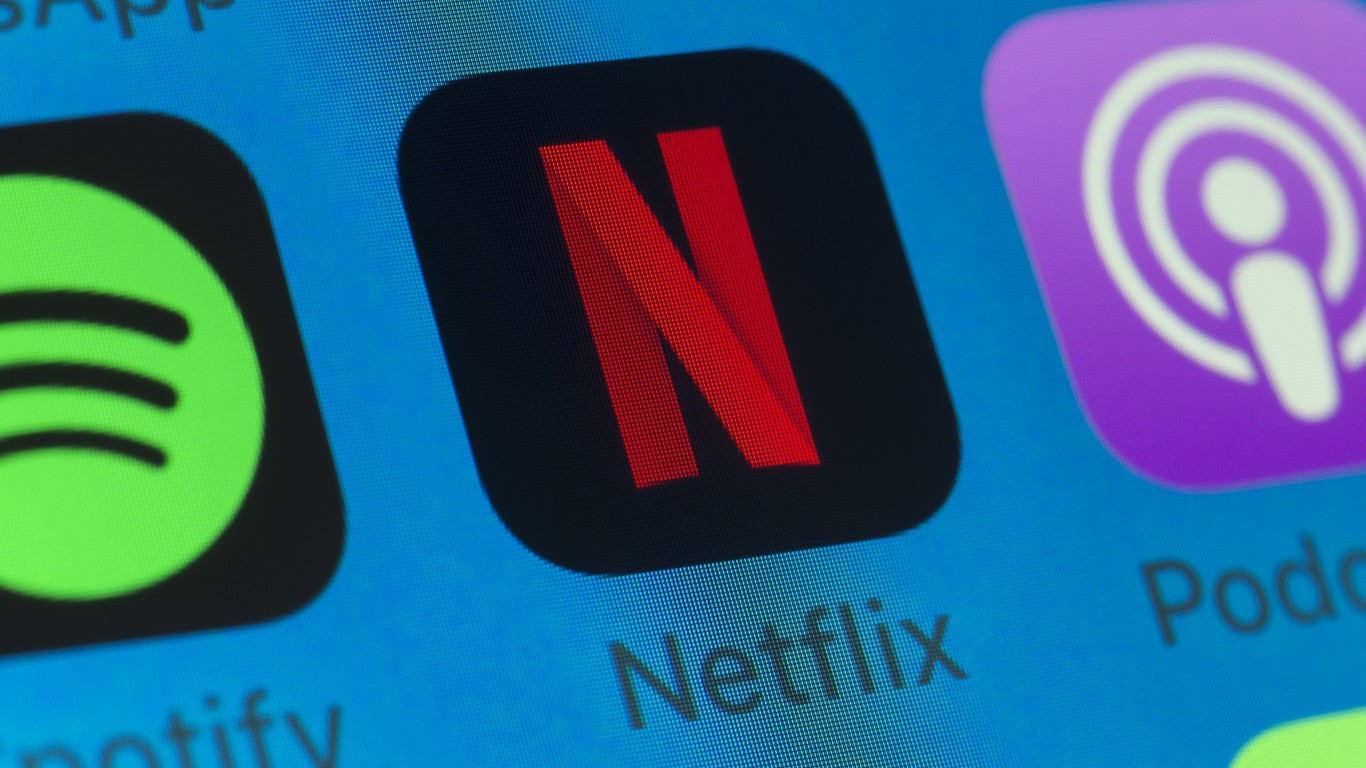
Netflix, battered last year by a slowdown in its business, briefly had two CEOs. One was founder Reed Hastings. The other was his hand-picked partner Ted Sarandos. Hastings has stepped down recently. However, each made about $50 million last year, an extraordinary sum for executives at a troubled company.
Hasting made $51,073,237 in 2022, according to MyLogIQ, the AI-driven SEC information platform. Sarandos made $50,299,296.
Why was the compensation by the Netflix board so generous, given the public corporation’s barely mediocre results? They aren’t saying, nor will they. Netflix started 2022 with a share price of $600. It dropped to $293 at the year’s end. It is rare for CEOs to be paid so well for such extraordinarily poor performance.
On April 20, 2020, Netflix shares dropped 30% after the company announced earnings. They continued to fall throughout most of the year. For the first quarter of last year, Netflix added only 200,000 subscribers. Wall Street’s forecast was 2.5 million. The rapidly growing business had started to slow. Despite a slight pick up in later quarters, it was clear the trend would continue.
Netflix made one major mistake. Its forecasts did not take into account the rise in well-funded competition. Its top competition, Amazon Price Video, was already in the market. It has one advantage. Prime is a service that gives consumers several advantages, which include free shipping and discounts on many products. Nevertheless, for many years, Netflix held its own against the e-commerce giant. (These are the best original Netflix movies.)
All of the existing streaming services were blindsided by Disney+ which had content from Disney, Star Wars, Pixar, and Marvel. And, it was priced at almost 50% below its competitors, Disney priced to gain market share. It later came back to haunt the nearly 100-year-old company when the low prices drove billion-dollar losses.
HBO Max was another formidable competitor. Apple TV+ was as well. And there was the larger, more established Hulu. Every media company started a streaming service of its own. People were not going to subscribe to all of these services at once. Netflix had a problem that kept growing.
Another problem Netflix had, but did not solve, was that people shared the passwords to their paid accounts. Millions of people used Netflix passwords but did not pay for them. A crackdown might have caused some people to cancel. Netflix says it will address the problem later this year. But why did it allow the practice to start in the first place? (These are the most watched Netflix originals of all time.)
The co-CEOs made $100 million between them, which is way too much, given their performances.
Data from MyLogIQ, the AI-driven SEC data provider.
Cash Back Credit Cards Have Never Been This Good
Credit card companies are at war, handing out free rewards and benefits to win the best customers. A good cash back card can be worth thousands of dollars a year in free money, not to mention other perks like travel, insurance, and access to fancy lounges. See our top picks for the best credit cards today. You won’t want to miss some of these offers.
Flywheel Publishing has partnered with CardRatings for our coverage of credit card products. Flywheel Publishing and CardRatings may receive a commission from card issuers.
Thank you for reading! Have some feedback for us?
Contact the 24/7 Wall St. editorial team.




